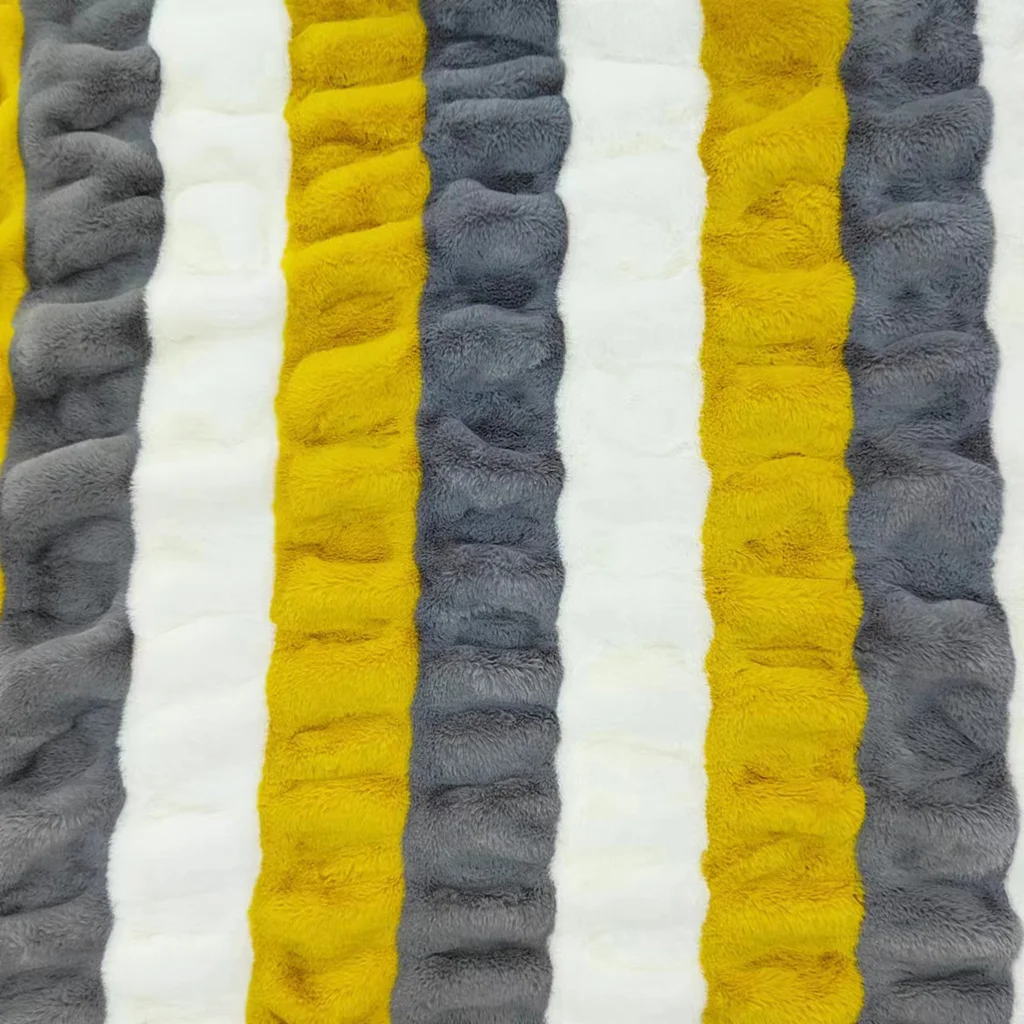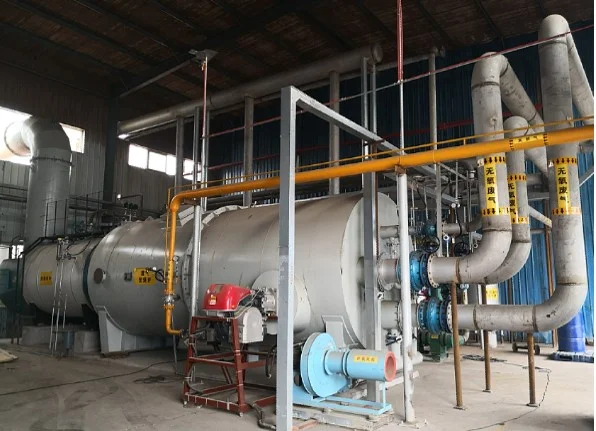In our fast-paced world, the quest for a good night's sleep has become increasingly elusive. Many individuals find themselves tossing and turning, staring at the ceiling, and counting sheep in vain. If you’re among those who struggle to fall asleep quickly, you’re not alone. Fortunately, there are scientifically-backed strategies that can help you drift off faster and improve the overall quality of your sleep. In this article, we will explore various techniques, lifestyle adjustments, and environmental factors that can significantly enhance your ability to fall asleep swiftly.
Understanding Sleep Architecture
Before diving into practical strategies, it’s essential to understand the basics of sleep architecture. Sleep is divided into several stages, including REM (Rapid Eye Movement) and non-REM sleep, which cycle throughout the night. The average adult requires 7-9 hours of sleep to function optimally, but the quality of that sleep is just as crucial as the quantity. Disruptions in sleep cycles can lead to sleep deprivation, affecting cognitive function, mood, and overall health.
- Establish a Consistent Sleep Schedule
One of the most effective ways to train your body to fall asleep faster is by establishing a consistent sleep schedule. Going to bed and waking up at the same time every day, even on weekends, helps regulate your body’s internal clock, or circadian rhythm. This consistency signals your body when it’s time to wind down, making it easier to fall asleep.
- Create a Relaxing Bedtime Routine
A calming pre-sleep routine can signal your body that it’s time to transition from wakefulness to sleep. Consider incorporating activities such as:
- Reading a Book: Choose something light and enjoyable to avoid overstimulation.
- Meditation or Deep Breathing: Practicing mindfulness can reduce anxiety and promote relaxation.
- Gentle Stretching or Yoga: This can help relieve tension in your muscles and prepare your body for rest.
- Optimize Your Sleep Environment
Your sleep environment plays a crucial role in how quickly you can fall asleep. Here are some tips to create an ideal sleeping space:
- Control the Temperature: The optimal bedroom temperature for sleep is typically between 60-67°F (15-19°C). A cooler room can help lower your body temperature, signaling that it’s time to sleep.
- Minimize Noise and Light: Use blackout curtains to block out light and consider white noise machines or earplugs to drown out disruptive sounds.
- Invest in Quality Bedding: A comfortable mattress and pillows that support your preferred sleeping position can make a significant difference in your ability to fall asleep.
- Limit Screen Time Before Bed
The blue light emitted by screens can interfere with the production of melatonin, the hormone responsible for regulating sleep. To enhance your ability to fall asleep faster, aim to limit screen time at least one hour before bed. Instead, engage in activities that promote relaxation, such as reading or listening to soothing music.
- Be Mindful of Your Diet
What you consume throughout the day can impact your sleep quality. Here are some dietary considerations:
- Avoid Caffeine and Nicotine: Both are stimulants that can disrupt your ability to fall asleep. Aim to avoid these substances at least six hours before bedtime.
- Limit Heavy Meals and Alcohol: Eating large meals or consuming alcohol close to bedtime can lead to discomfort and disrupt your sleep cycle. Opt for light snacks if you’re hungry before bed.
- Incorporate Sleep-Promoting Foods: Foods rich in magnesium (like nuts and leafy greens) and tryptophan (like turkey and bananas) can promote relaxation and improve sleep quality.
- Manage Stress and Anxiety
Stress and anxiety are common culprits that can hinder your ability to fall asleep. Consider incorporating stress management techniques into your daily routine:
- Journaling: Writing down your thoughts and worries can help clear your mind before bed.
- Cognitive Behavioral Therapy (CBT): This therapeutic approach can help address negative thought patterns that contribute to insomnia.
- Progressive Muscle Relaxation: This technique involves tensing and relaxing different muscle groups to promote physical relaxation.
- Consider Sleep Aids Wisely
While it’s best to rely on natural methods to improve sleep, some individuals may benefit from sleep aids. Over-the-counter options like melatonin can be effective for short-term use, but it’s essential to consult with a healthcare professional before starting any new supplement.
Conclusion
Falling asleep faster is not merely a matter of luck; it involves a combination of lifestyle adjustments, environmental optimizations, and stress management techniques. By implementing these strategies, you can create a conducive environment for sleep and train your body to recognize when it’s time to rest. Remember, quality sleep is a cornerstone of overall health and well-being, so prioritize it in your daily routine. With patience and consistency, you can unlock the secrets to a faster, more restful sleep.



More Stories
Real-World Protection: How a Security Brass Cylinder Stops Drills, Picks, and Forced Entry?
Strike-Resistant Rugby Training Nets: How Polyester Mesh and Reinforced Frames Improve Durability
Breast Milk and Formula: An In-Depth Dialogue on Life's Beginning